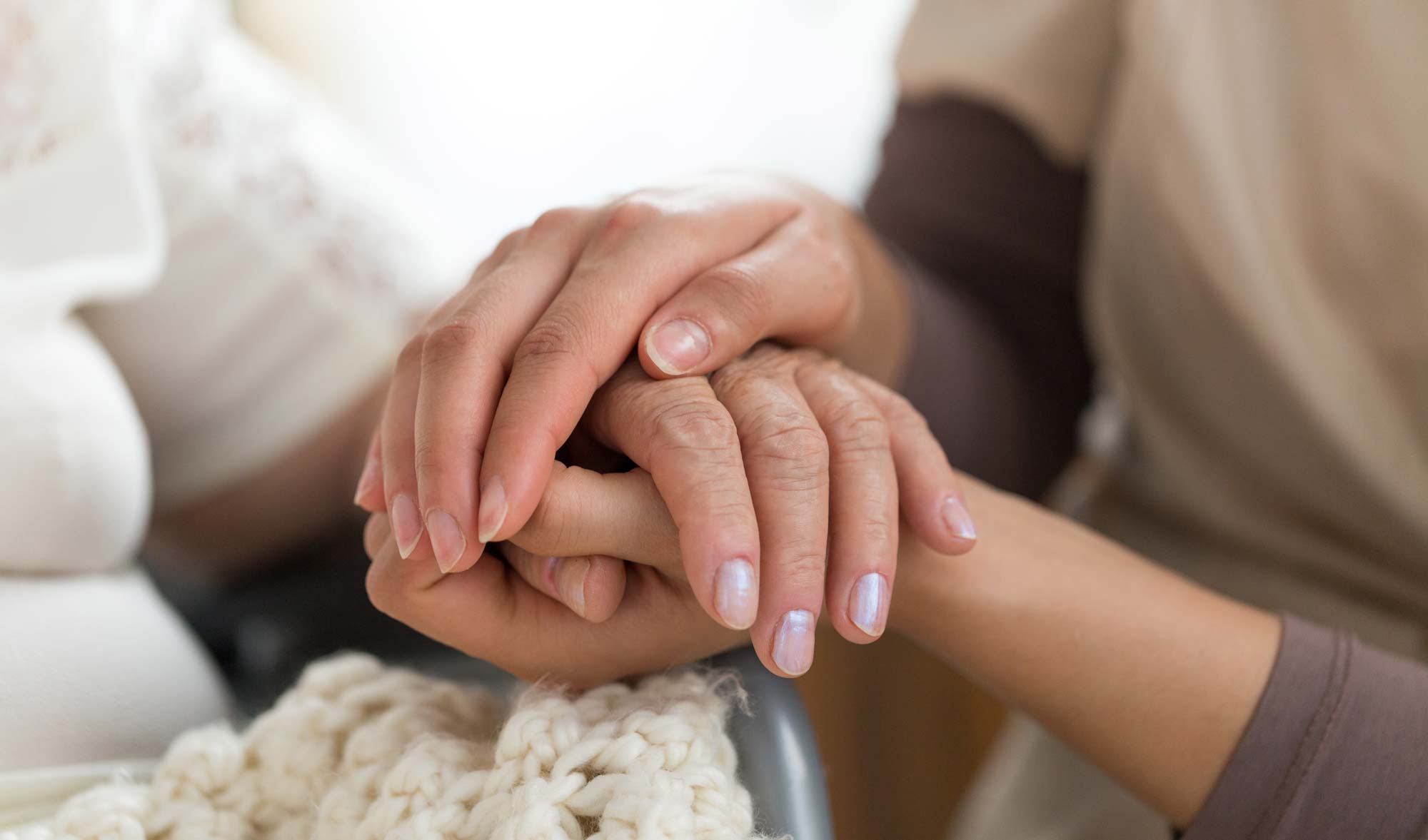- “Dementia is something that all people end up with at some point.”
This is false, Dementia isn’t a normal part of aging. As we age, the risk does increase in some, but there are many people that live to be in their 90’s without any signs, or moderate symptoms. Checking with your doctor is always a good first step when wanting to find out more causes and information.
Source for more information: What Is Dementia? | CDC
2. “Exercise isn’t safe for older adults.”
There are many mixed feelings when it comes to exercising while aging. Research has shown that lack of physical activity can increase your risk of a variety of health conditions. Being active every day can prevent pain and reduce many risks, allowing them to remain from growing weaker.
Source for more information: Making Physical Activity a Part of an Older Adult’s Life | Physical Activity | CDC
While it’s true that our metabolism starts to slow down as we age, meaning our bodies aren’t burning as many calories as fast as they used to, weight gain in seniors depends on activity, nutrition, and the upkeep of their overall health. Adjusting everyday habits in order to lead a healthy weight and lifestyle, come down to:
- Eating smarter. Many think that our bodies need fewer calories as we age, although it’s important for seniors to watch both what and how much they eat. A moderately active 65-year-old man needs 2,400 calories each day; and a 65-year-old woman needs 1,800, which tends to be more than a lot of people realize.
- Staying active. Seniors should strive for 150 minutes of moderate intensity cardio activities, as well as two sessions of muscle and strength activities each week.
- Stressing less. Stress can lead to weight gain, both because of its biological effects on the body and because stressed-out people often turn to comfort foods. Physical activity can help us de-stress. In addition, try relaxing activities like yoga or meditation.
- Getting Sleep: Getting 6-9 hours of sleep is beneficial throughout our whole lives, allowing our bodies to process and regain.
Source for Information: Maintaining a Healthy Weight | National Institute on Aging (nih.gov)
- “Seniors are set in their ways and will not change.”
Many people are convinced that the elderly are set in their own ways and values, making them not willing to adapt to new things. Although seniors may have strong opinions, they have practiced adapting to new situations and circumstances their whole lives. If anything, Seniors are more adaptable and welcome to the possibilities of change, while still holding firmly onto their ideals and beliefs. It just comes down to their health and the way they are spoken to regarding their values.
Source for Information: Helping Older Adults Cope With Lifestyle Changes | HuffPost Life
- “Senility is inevitable.”
It’s normal to have moments of forgetting things or not being able to remember a person’s name. It’s also normal to gain a slower reaction time when it comes to certain activities, along with the ability to solve certain problems. According to the Alzheimer’s Association, only about 3% of U.S. adults ages 65 to 74 years have dementia which includes the most common type of dementia, being Alzheimer’s. Some types of mental declination can be avoided by eating a healthier diet, challenging our brains daily, and making sure to partake in physical activities daily.
Source for Information: Alzheimer’s Association | Donate to Fight Alzheimer’s Disease
No matter our age, it’s always beneficial for us to follow these tips to lead a healthier lifestyle. Keeping tap into our mental, physical, and emotional health will not only allow us to become healthier. But it will also allow us to enjoy a happier, more comfortable everyday life. Which should and can carry on with us as we age.
Written by: Emalee Walton 12/20/2021
